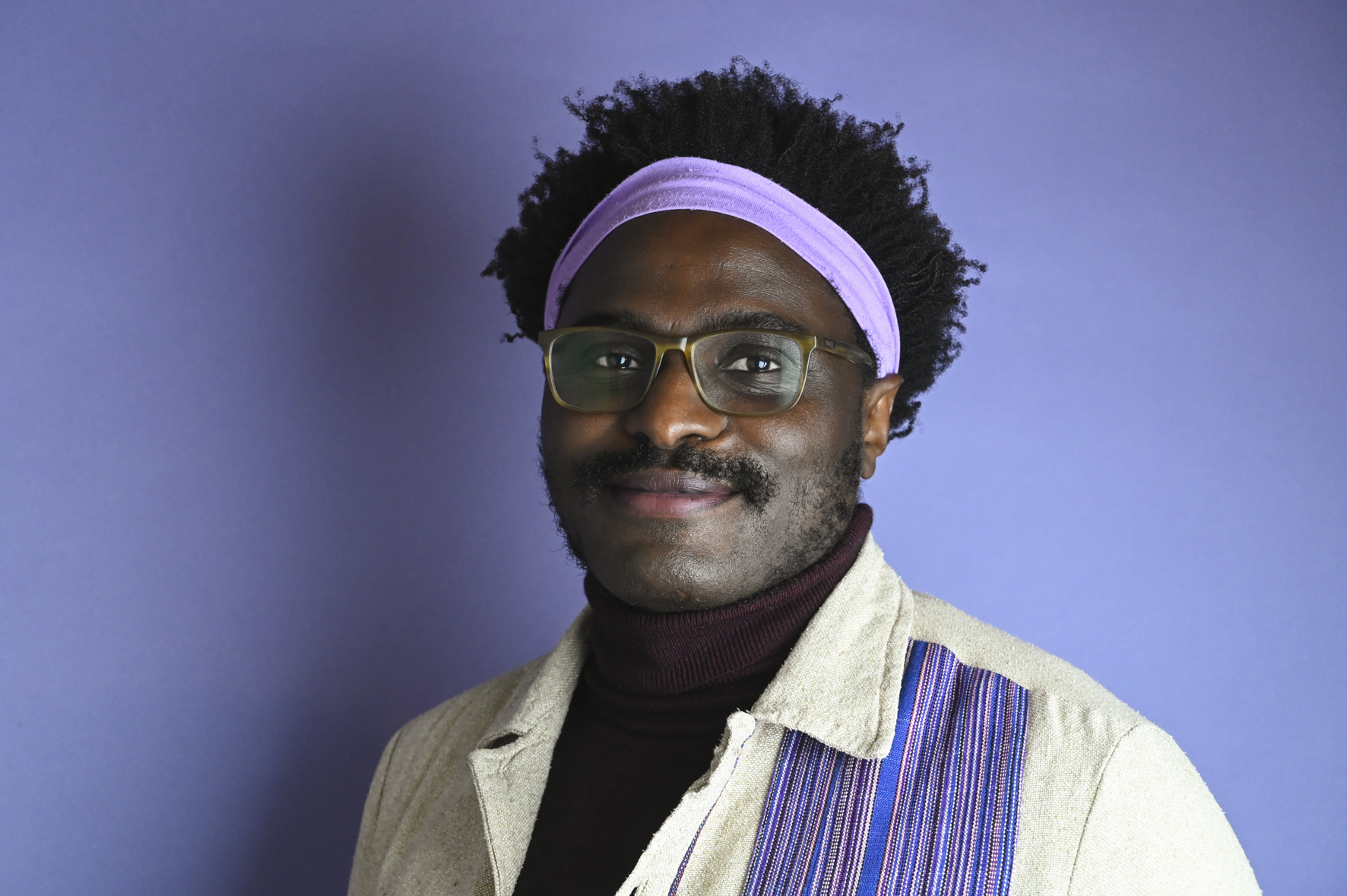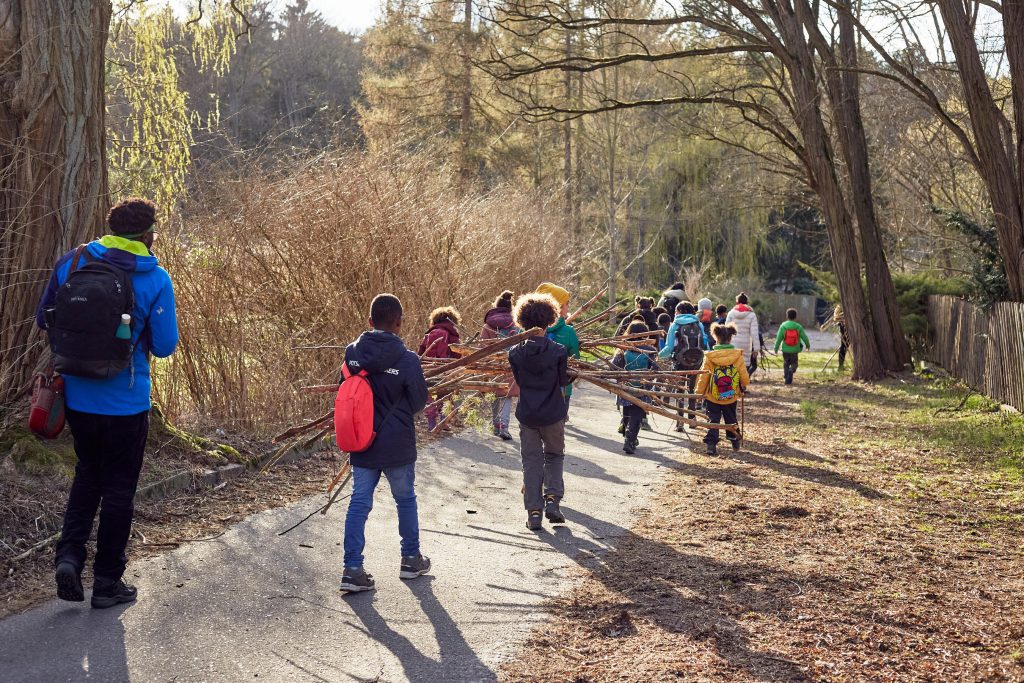Anthony Owosekun (he/him)
Power sharing means sharing power and influence. It is aimed at people in privileged positions who want to and can use their power to change the unequal distribution of resources and opportunities.

My name is Anthony Owosekun. As an experiential educator and social worker, I founded EMPOCA to connect Black young people with nature and inspire them to protect the climate.
For me, diversity means that every person is unique and has a wide range of experiences, emotions and perspectives. Professionally, I take a critical look at the fact that diversity is often only viewed superficially without addressing far-reaching structural changes. Instead of simply celebrating “diversity”, we need to actively combat racism and other forms of discrimination.
If I could change one thing in Germany right now, it would be the transformation of the education system. I would make topics such as racism, colonial history and future skills an integral part of the curriculum. That way, we can ensure that young people are better prepared for the challenges of the future and develop a deeper understanding of the diversity and solidarity of our society.
I worked as a teacher and school social worker at various schools for five years. I realized that there are many sources of stress that have a negative impact on interaction, motivation and the mental health of students. On many excursions, I have experienced the positive effect that nature has on students who are struggling with challenges and poor future prospects. At the same time, I have noticed that natural spaces are mostly filled with white people, which hardly reflects our social diversity. I became aware of this as a child in the Scouts.
These realizations led me to found EMPOCA. Our mission is to connect Black children and young people with nature so that they can empower themselves. EMPOCA has been the only outdoor organization for young Black people in Europe for five years.
At EMPOCA, experiencing nature is more than just a walk in the woods – it’s a comprehensive program! Our work is based on three pillars: empowerment, health and environmental protection.
EMPOCA is about empowering young Black people through nature experiences and teaching them important life skills. Our outdoor activities help participants to feel better about themselves and work well as a team. They also improve the physical and mental health of the children and young people, especially when they are facing difficult challenges. At the same time, they experience with all their senses how important environmental protection is. This helps them to be more environmentally aware and appreciate nature more.
Our experience in recent years has shown that learning and outdoor activities are important for self-efficacy, mental health and teamwork skills. These aspects should be emphasized more in educational institutions. We have also found that Sustainable empowerment does not work without power sharing. Power sharing means sharing power and influence. It is aimed at people in privileged positions who want to and can use their power to change the unequal distribution of resources and opportunities. It is also crucial to build alliances to achieve more diversity and safety in the outdoor sector and when traveling.
The DE_CONSTRUCT Academy offers digital racism awareness training for specialist and management staff. Our aim is to promote diversity and a sense of belonging in the workplace. We show how health services, education and workspaces can be designed to be racially sensitive and support the mental health of everyone involved. Professionals should be able to advise, support and heal people who have experienced racism more professionally, regardless of their age.
We can all play our part in shaping positive change in our society. First of all, we should be willing to listen to others and understand their perspectives. This openness promotes respect and understanding for one another. It is also important that we rethink and unlearn old ways of thinking and prejudices. By freeing ourselves from entrenched views, we create space for new ideas and encounters.
Another important step is to deal with failure and to reflect on ourselves. Learning from mistakes and continuously developing ourselves is crucial for personal and social growth. These processes allow us to move forward as individuals and as a community and build a more inclusive and equitable society.

